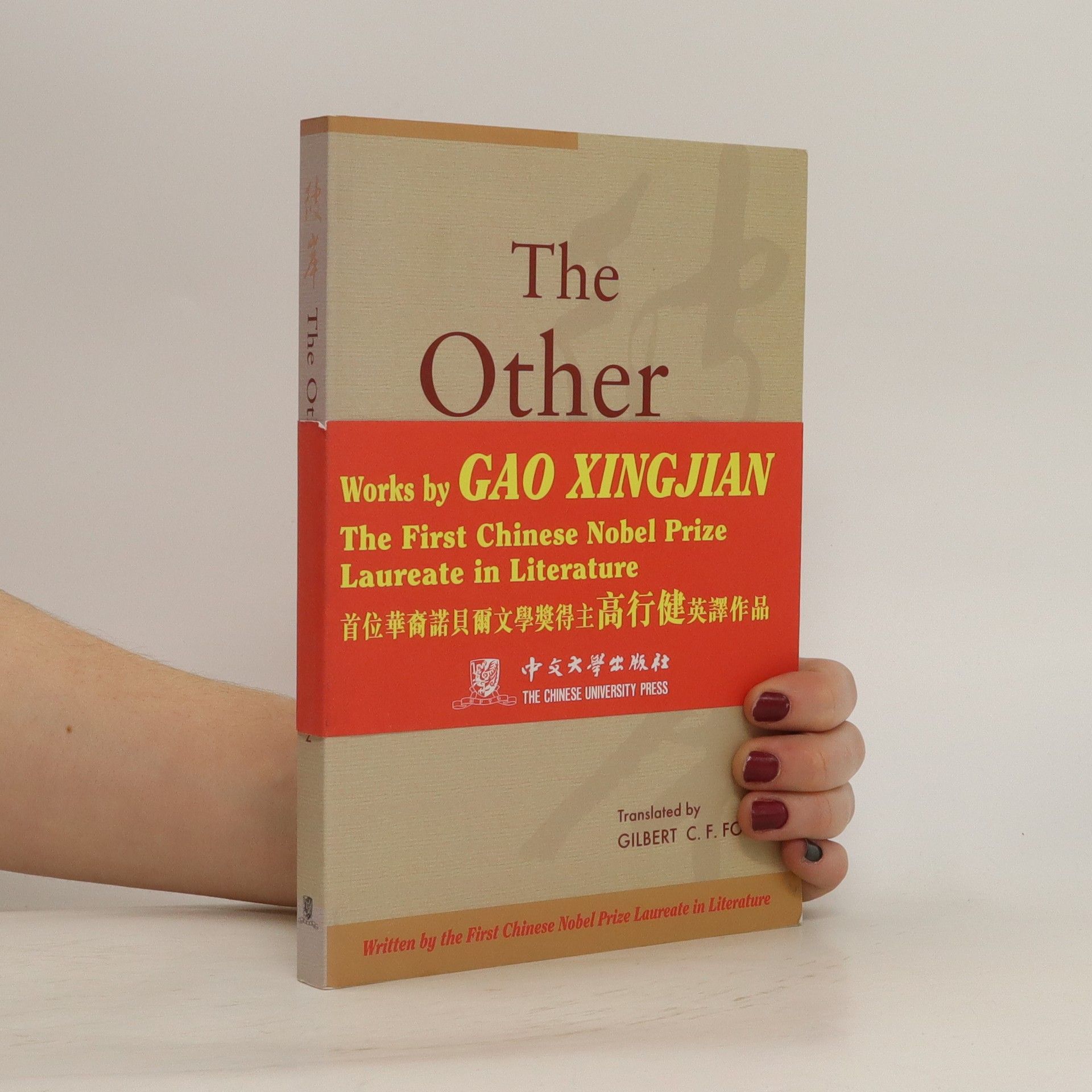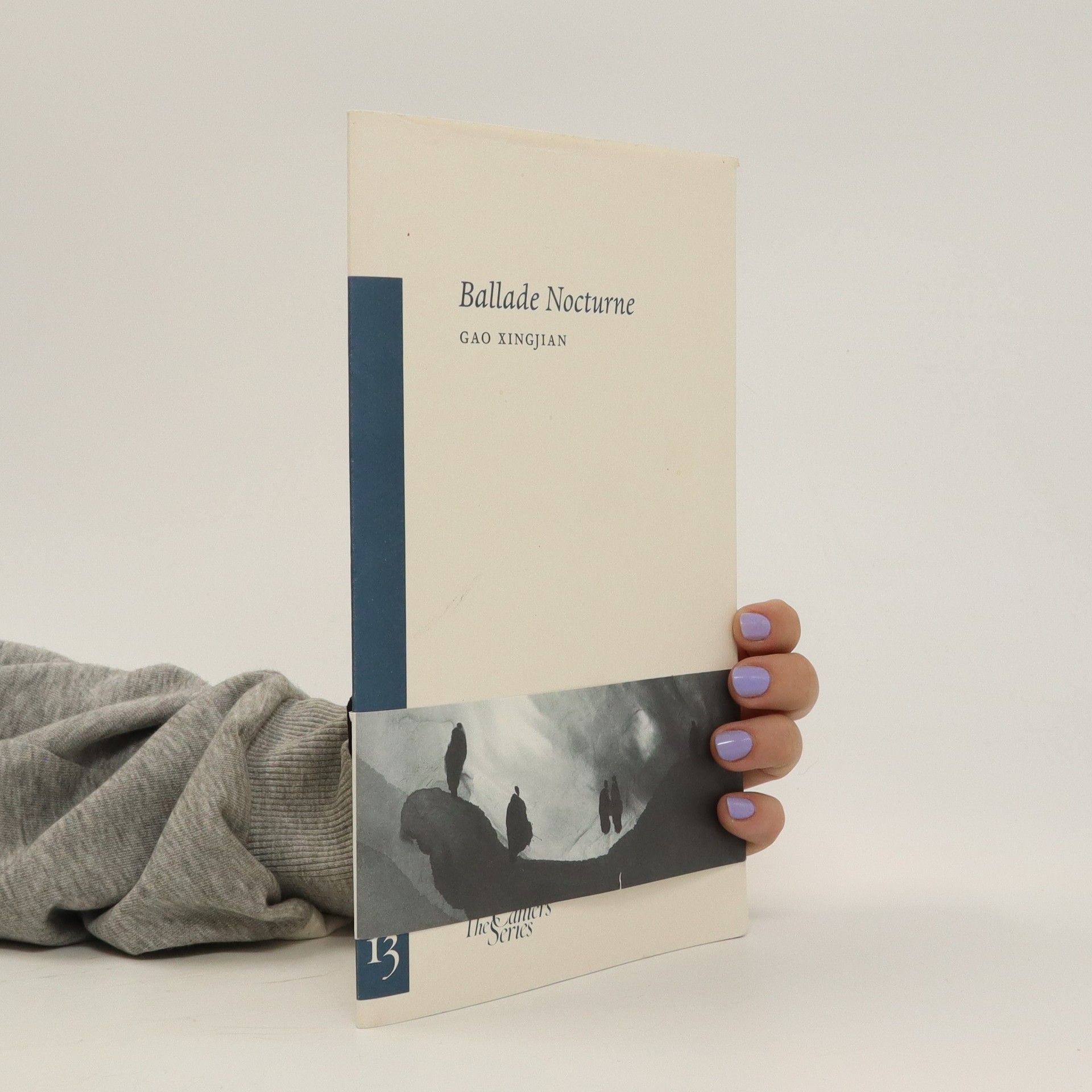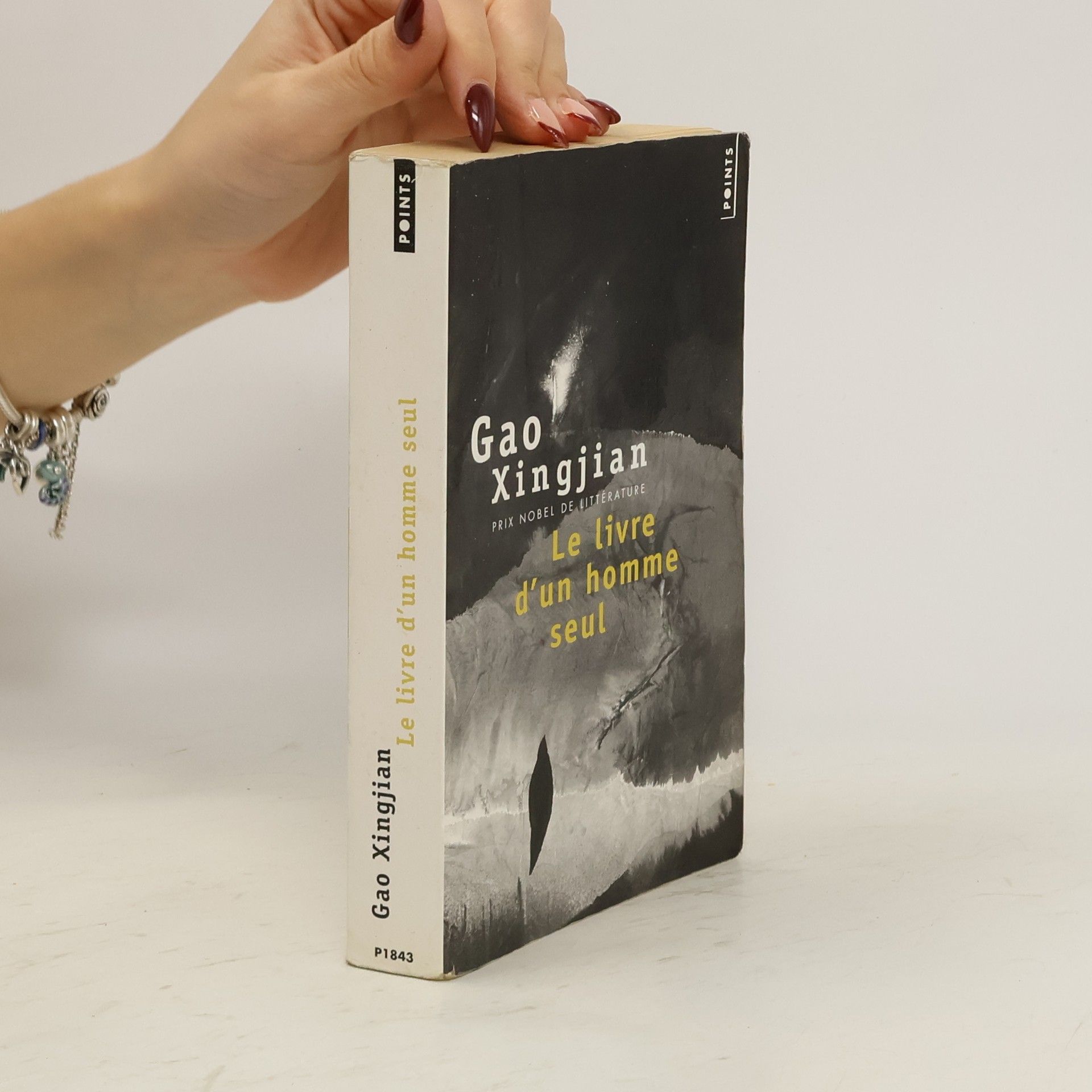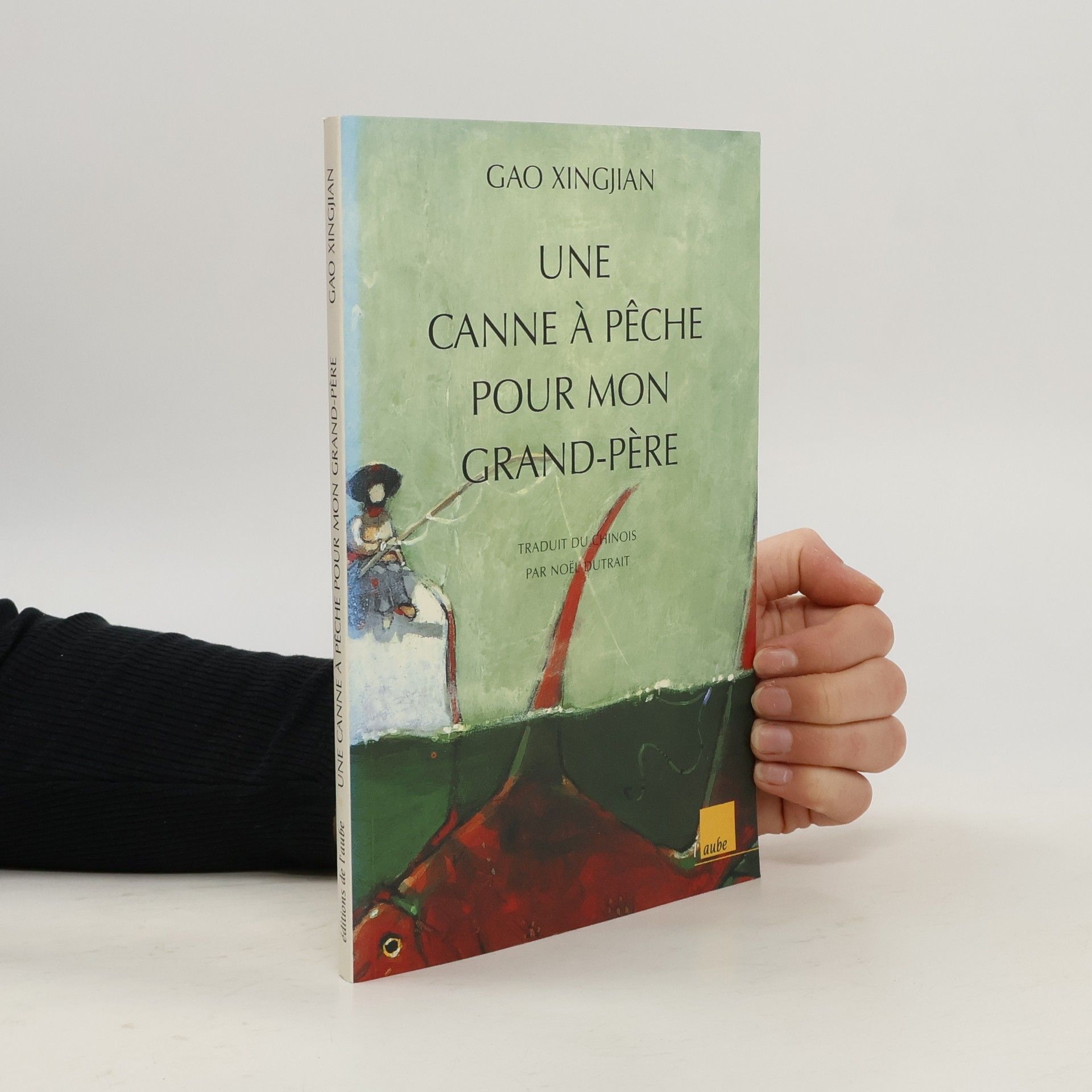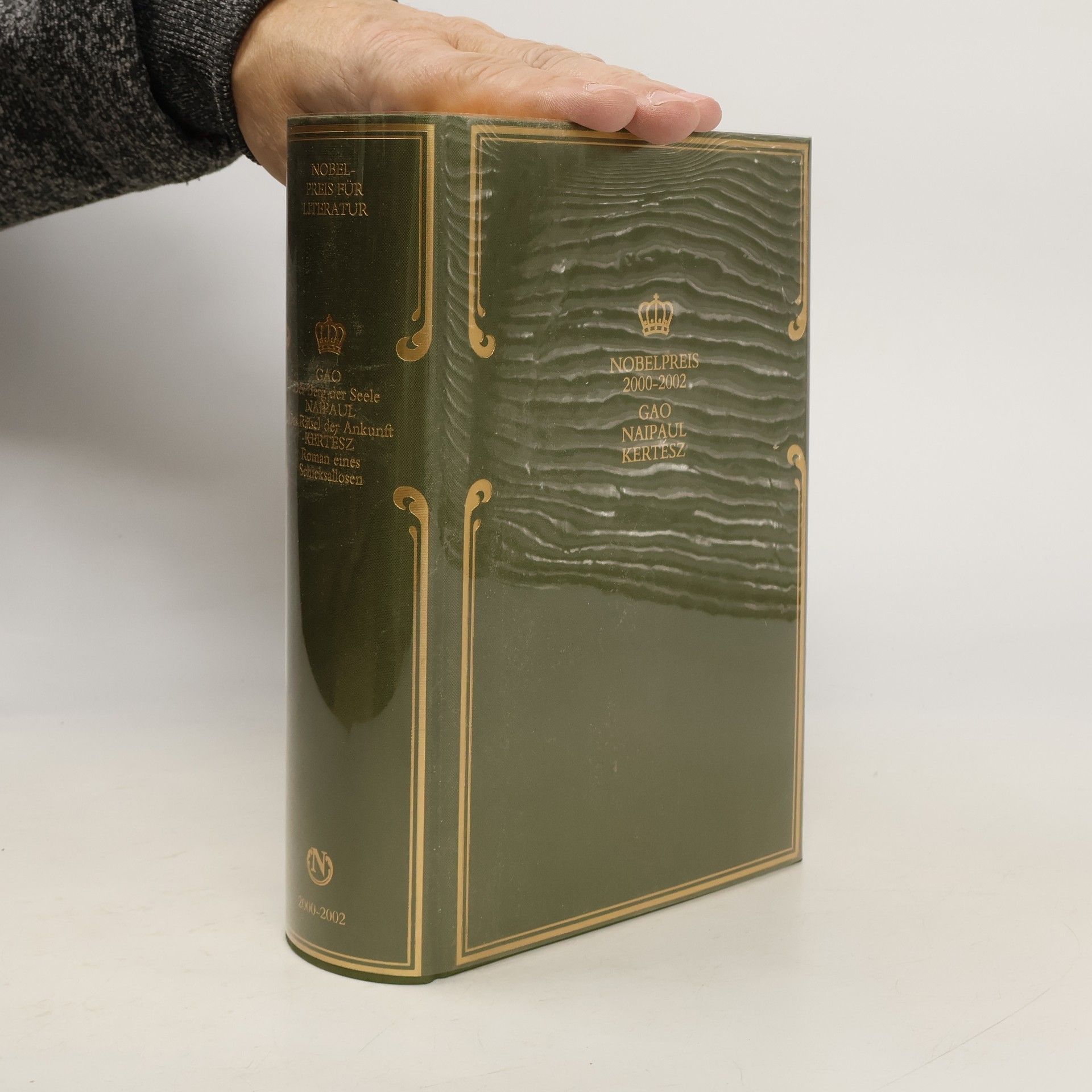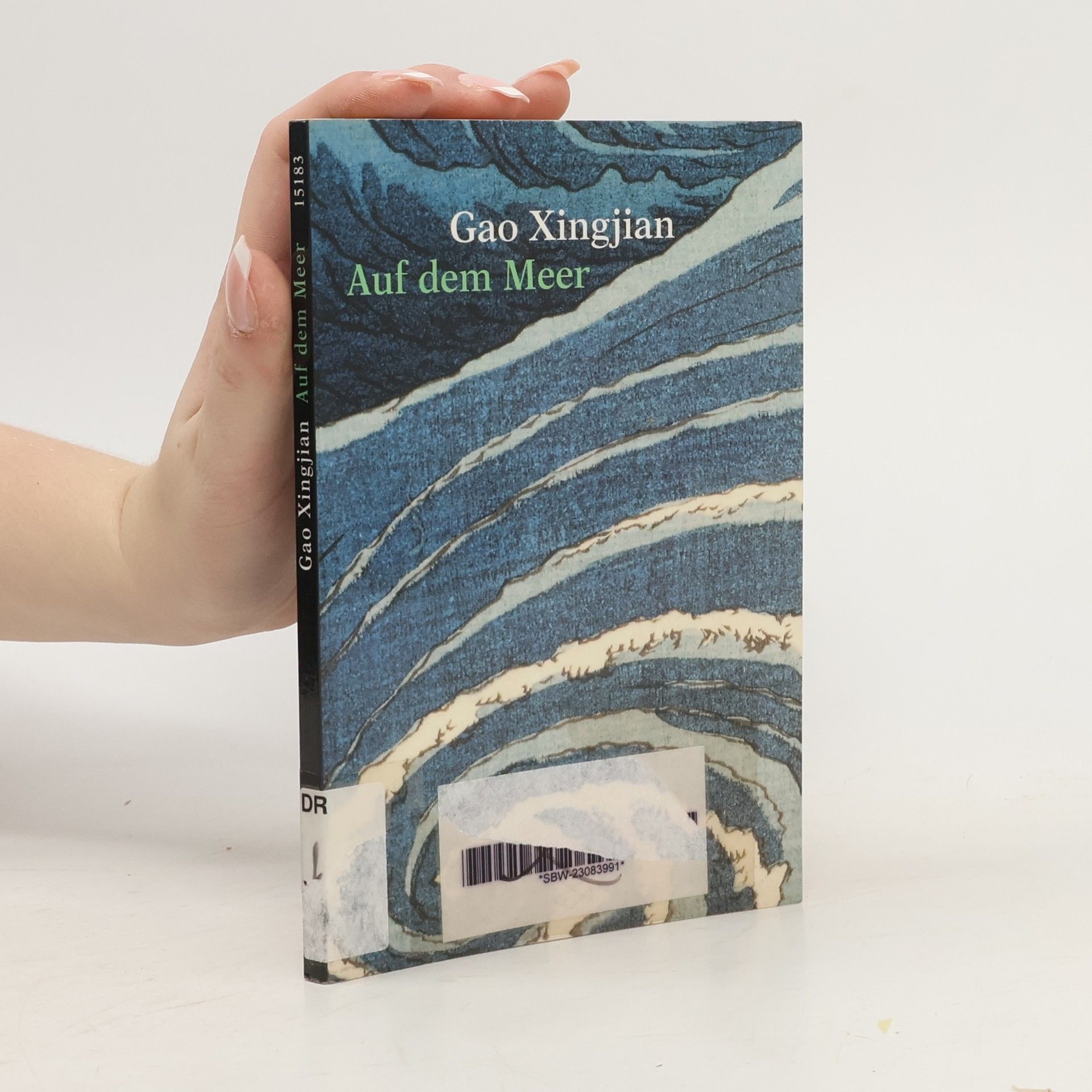Une canne à pêche pour mon grand-père
- 112pages
- 4 heures de lecture
Souvenirs d’enfance, les bonheurs simples de l’amour et de l’amitié, le pays natal et ses lieux familiers, mais aussi les drames de la rue ou les tragédies vécues par la Chine, tels sont les thèmes de prédilection de ces six nouvelles choisies par l’auteur – avec la complicité de son traducteur. « Dans ce recueil vous trouverez “Instantanés”, l’un des plus beaux textes de Gao Xingjian. » Alain Peyraube, Le Monde. « Gao Xingjian appartient à ce qu’on pourrait dire l’école du vrai. De fait, chaque mot qu’il écrit est lesté de son poids de sens vécu et trouve sa place dans une langue limpide et pure de toute fioriture – chaque mot sonne vrai. » Jean-Louis Kuffer, 24 heures.
